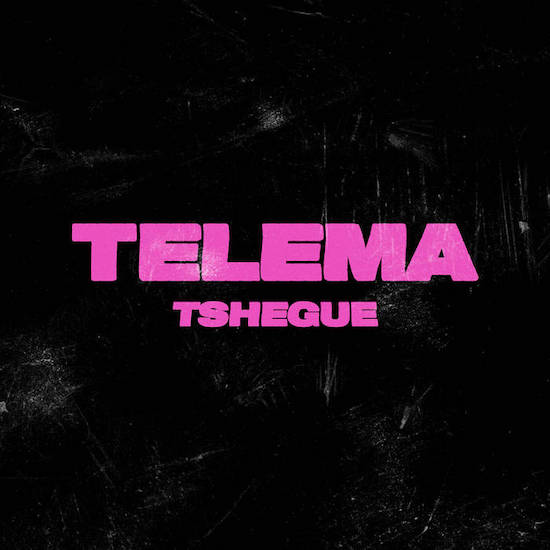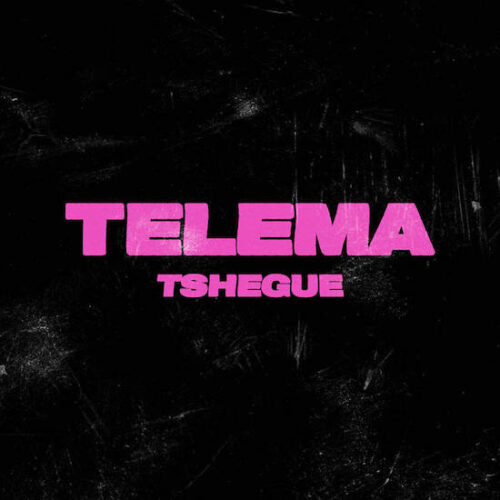Tshegue are a duo born from pure musical joy. Their debut EP, 2017’s Survivor, was an intoxicating blend of Congolese guitars and garage rock, a cosmopolitan Afropunk where every note fizzed with energy and threatened to burst through the speakers. Partly, this was a nod to heritage; the clattering, rackety rhythms and head-spinning electro recall singer Faty Sy Savanet’s native Kinshasa, a vibrant, music-obsessed city where sounds blare constantly from shops and homes. But it was also born of their studio alchemy, where ideas are allowed to run riot and instincts indulged. “We do not tend to conceptualise music,” producer and drummer Nicolas Dacunha recently told i-D. “We just go to our studio and jam.”
Such an approach suited them perfectly, Savanet’s passionate, powerful delivery – often in her native Lingala – the ideal foil for Dacunha’a pummelling beats and colourful melodies. Yet such electrifying jubilation is tempered somewhat on new EP Telema, a grittier, grimier collection of tracks where the African party vibe has been replaced by harsher sounds and a starker sonic palette. Take first single ‘The Wheel’, where cold, metallic techno beats and Savanet’s vocals circle each other ominously while a menacing bass line bubbles away in the background.
It’s a febrile listen, bordering on the angry. There’s an edge to Savanet’s voice as she spits stern lines about keeping your eyes on the road and not looking back. Similarly, ‘M’Benga Bila’ (which translates to “I’m calling the cops”) is a riotous stomp underpinned by anxious, jittery beats and a synth line that recalls police sirens. The video depicts Savanet striding through Goutte d’Or, the multicultural Paris neighbourhood she calls home, and was conceived as a protest at the political class’s continued divide and rule approach to multiculturalism.
Only on the title track, a languid groove full of neat guitar loops that hews close to desert rock, do the duo relax the pace and settle into a hazy, summer vibe. It’s the easiest listen here, but also the least intriguing. Shorn of the friction and discontent that powers the rest of Telema, it feels a little tacked on – a concession perhaps to those who might find the previous three tracks a little overbearing – and lacks the searing exhilaration that makes their work so formidable and dynamic.
“We’ve been through many personal experiences since Survivor, and I guess Telema reflects this,” Savanet said in the same interview, and it’s not hard to summarise that some of these have not been wholly positive. Dealing with hype and expectation is never easy, and Tshegue sound like they’ve come through it bruised but defiant, determined to up the intensity and tell their truth in ever more forceful terms.



